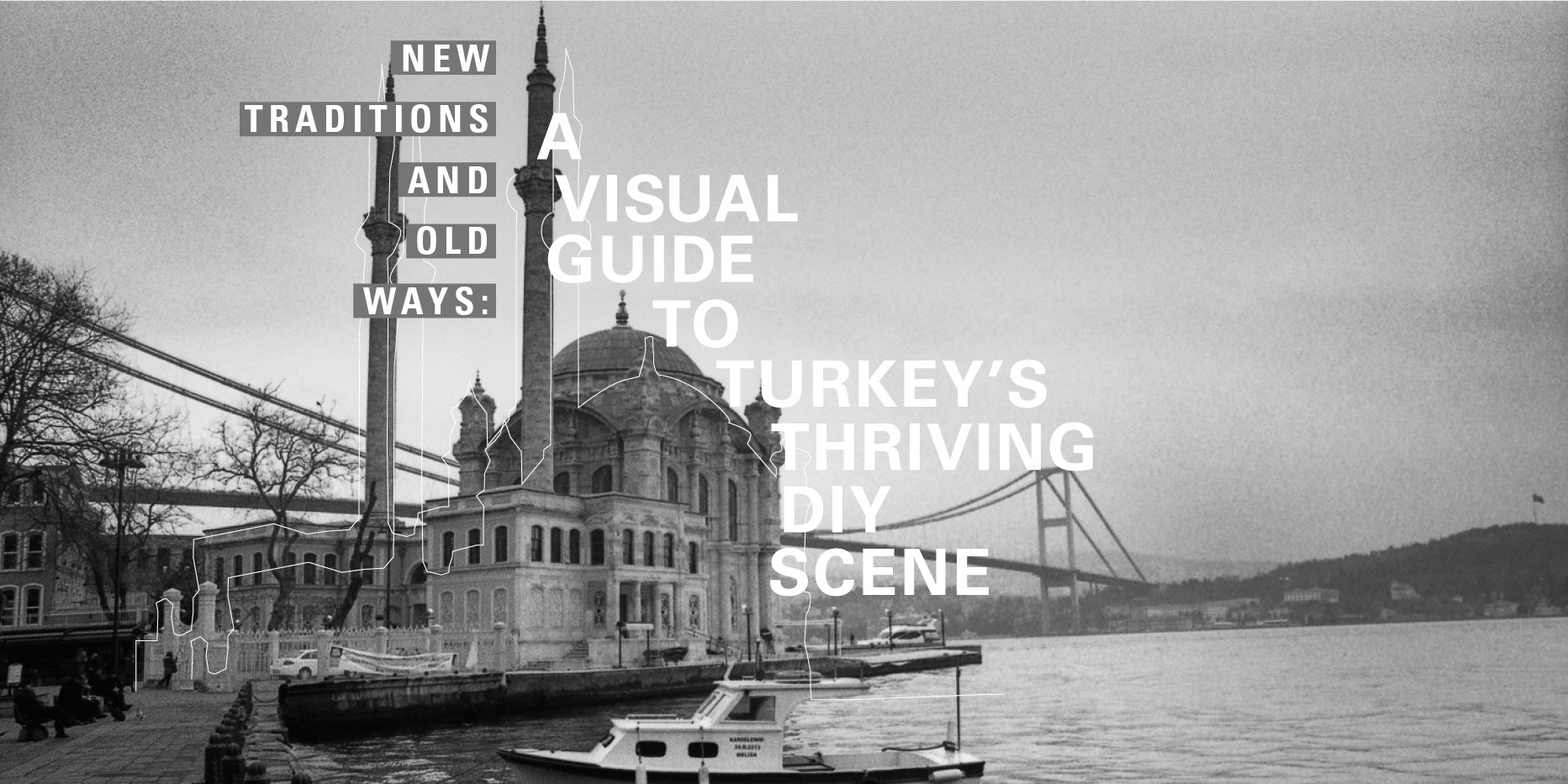

Growing up in Turkey in the 1990s, the whole live music scene was dominated by cover bands that played hits from the United States and Europe. It was not cool to like Turkish music then, and I was part of a generation that took pride in not listening to any of it.
But when I moved to New York and started doing music photography at the beginning of 2000s, some of the musicians I met were thrilled to hear I was from Turkey and they kept asking me about artists I barely knew. At first, I was surprised by their enthusiasm, but then I started feeling embarrassed, because everyone seemed to be more familiar with these Turkish musicians than I was. So I went back and listened to them—and was blown away.
Listen to a playlist featuring Turkish artists covered in this story:
In the ‘60s and ‘70s, the music scene in Turkey flourished, producing local legends including Erkin Koray and Selda Bağcan. But a military coup in 1980 put a definite hold on the arts. There was not much happening besides pop music for a while, but a strong metal scene appeared in the ‘90s, including bands which formed the base for long running acts like Replikas, Nekropsi, and Daire 2: General Gramafon.

Daire 2: General Gramofon at Boğaziçi University in Istanbul
The Internet then spurred on a new wave of vibrancy within the country's music scene, and underground musicians started to embrace their own roots and write their lyrics in Turkish. Peyote, a music venue located in the heart of Beyoğlu, Istanbul, became the first venue to exclusively book bands with original music, giving way to a healthy artistic community.
Musicians in Turkey still face drawbacks on a daily basis: There are still only a handful of venues that host non-cover bands, with bigger venues only booking foreign acts (and not offering local groups support slots), and lots of music festivals have been cancelled due to new government regulations that prevent alcohol sponsorships. But these obstacles have brought bands together as they collectively work to book shows, open DIY venues, and do their own street festivals.

Members of Istanbul’s music scene outside Roxy, one of the city's oldest venues for rock shows
There are only a few cities in Turkey with music venues, and getting visas to play shows in Europe can be difficult, so touring is not really an option for most underground bands. But the economic inviability of making a living entirely from music—as well as the diminished chances of any type of rock stardom—has effectively eliminated certain types of musicians, leaving behind only the ones who are 100% dedicated to what they do.
Right now, despite all the roadblocks in the way, there is an incredibly lively DIY music scene in Turkey, filled with talented musicians. I asked nearly 20 of these artists to take me where they feel at home in Istanbul and talked to them about the current state of the music scene. The journey led me through rehearsal spaces and tea gardens, alleyways and festive feasts.